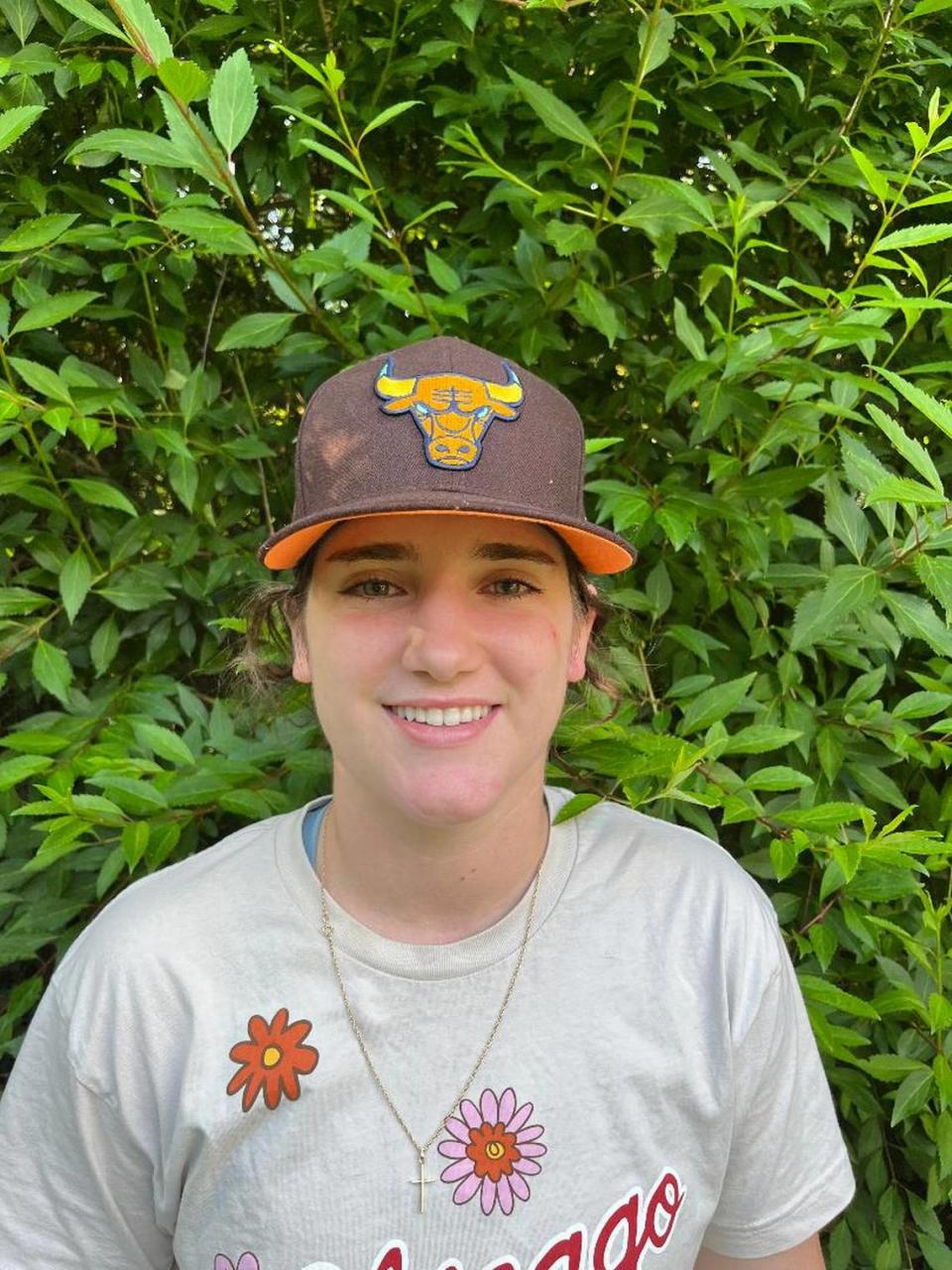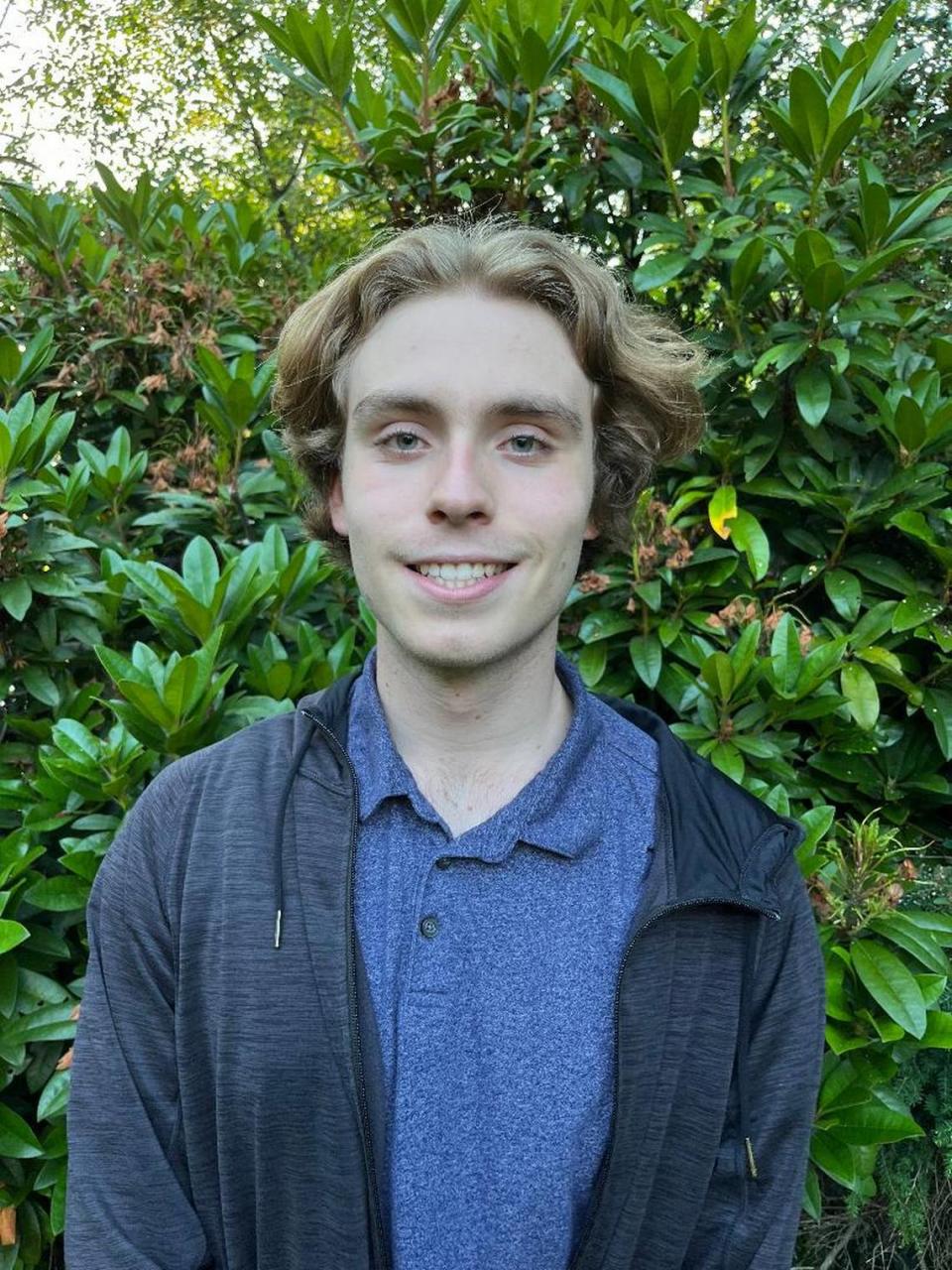We’ve seen the harm caused by U.S. immigration policy firsthand. It’s heartbreaking | Opinion
To gain a window into the everyday life of an undocumented Mexican immigrant in Washington State, we — a group of six high school students — interviewed Sebastian, a high-school-age peer who is actively fighting for immigrant rights. Each of us had different reasons to want to find out more. As Tacoma-area high school students born and raised in the U.S, we learned from Sebastian’s experiences how little we knew about the challenges of being undocumented.
Sebastian, who faces daily anxiety, asked us to withhold his real name for fear of repercussions by immigration officials. He is perpetually haunted by the specter of deportation, always fearing that any encounter with law enforcement could lead to indefinite separation from his loved ones. Starting at a young age, Sebastian was unable to form deep connections because of the looming threat of deportation. Getting a job or an internship, going to the doctor and being able to drive meant taking risks.
“If one thing goes wrong, there goes your family,” he said.
Sebastian’s perseverance is inspirational, as are his aspirations for law school.
He saw many of the resources for his classmates were not available to him. While he was able to access financial aid for his undergraduate studies through state financial aid, he could not receive student loans or scholarships for graduate school.
Looking towards his future, he noted that there are many unknowns, such as the laws regarding undocumented immigrants varying state by state. Sebastian saw a stereotype in the media that portrays people like him as rapists and criminals, stoking unfounded fears and biases, and reinforcing the prejudices. Treating people like this is not what America was founded upon.
Undocumented people in the U.S. are virtually unable to make any mistakes. A crime committed by an undocumented person consistently provokes far greater repercussions than one committed by a citizen.
One day, Sebastian’s mother was pulled over for a broken headlight, Sebastian recounted. Under U.S. immigration law, petty crime such as this can lead to deportation. She was held in the Northwest ICE Processing Center (NWIPC), formerly known as the Northwest Detention Center, one of the nation’s largest private detention centers, located which is in Tacoma. Sebastian’s uncles and close family have been deported.
If an undocumented person is convicted, they will be sent to a detention center even after they have served their time: double punishment, as Sebastian argued. Double punishment is inherently unjust and targets an already vulnerable population.
As we see it, private detention centers are disturbingly unaccountable to the federal government — and the federal government wants it that way. In recent years, there were reports of unsanitary conditions and sexual assault in the NWIPC. Many policies were brushed aside during COVID-19; some people were in solitary confinement without contact with family or access to medical services.
Sebastian told us believes that “human rights should be the number one priority.” He noted the “very dangerous logic” behind the US government disregarding human rights. Washington State has tried to do the right thing: Governor Inslee signed House Bill 1090, which hopes to close NWIPC in 2025. The possible closing of the NWIPC, run by the private, for-profit GEO Group and located about a mile from the Tacoma Dome, is a critical step in the right direction.
Sebastian explained that “[immigrants] are here because [the U.S. was] there,” referring to U.S foreign policy. We agree the U.S. contributed to the political turmoil and should take accountability. Brought to the U.S. as a child, his family chose to move after the North American Free Trade Agreement (NAFTA) hurt the Mexican agricultural sector and contributed to a rise in organized crime.
When asked for ways to help undocumented people, Sebastian shared four major things: advocate, donate, stay in the loop, and never underestimate your political power. Advocating for human rights will bring crucial legislation into our government.
However, many people tend to further marginalize the groups they are advocating for by “mistaking themselves as the hero,” Sebastian said. This can overshadow marginalized voices and alter their original message. “The biggest thing is to just ask” what organizations such as La Resistencia and the Northwest Immigration Rights Project need, he said.
Sebastian believes Washington State is one of the best places in America to be undocumented. “US federal policy should take notes from Washington law.” Our state does not allow law enforcement to cooperate with ICE and offers access to driver’s licenses, but there is more to do. He advocates for voting rights for undocumented people and believes in less distinction between legal and undocumented status, a change that is long overdue.
If we are a nation that celebrates our commitment to fair laws and human rights, we should act like one — to all people living and working here, regardless of immigration status.
Paige Brink, Sam Brink and Daniel Donner are students at Charles Wright Academy. Philip Ehret and Sam Robinson are students at Bellarmine Preparatory High School. Susan Stanley is a student at Science and Math Institute.







